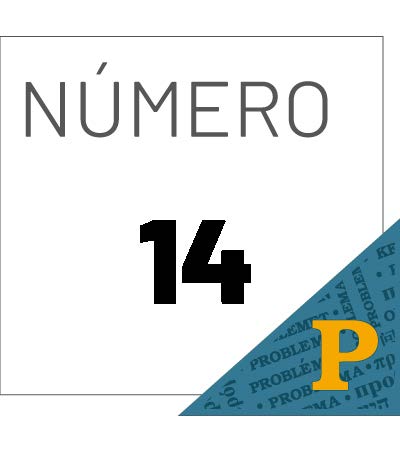The Right to Lie. Truth and Post-Truth in Communication and Citizenship Construction
On the one hand, the assumption of every moral and legal system is that man desires his own good and that truth is a good desired by himself. On the other hand, it is known that political lies play an important (and indispensable) role in the exercise of power and the achievement of the common good, and that for this reason many philosophers have recommended and justified them (today and in the past). Faced with this paradox, it is worth asking how citizenship (decision-making and social participation) is built on false information and how citizen values are built on the basis of the rulers’ right to lie. Because the quality of information and the consequent social participation of citizens is essential to any democracy. First, the justification of the lie will be exposed in three great thinkers of Western philosophy (Plato, Machiavelli and Weber); then, the Marxian interpretation will be developed in this respect. And finally, the way in which lies (and the right to lie) affect the communication and construction of citizen values today will be elucidated.
Article Details
Use of Creative Commons (CC) licences
All texts published by Problema. Anuario de Filosofía y Teoría del Derecho, without exception, are distributed under the CC-BY-NC-ND 4.0 International licence, which allows third parties to use what is published, as long as they mention the authorship of the work and the first publication in this Anuario.
Accessibility to articles and other publications in whole or in part under the concept of copying, distribution, public communication, interactive access (via the Internet or other means), while explicitly acknowledging the author(s) and the journal itself (acknowledgement of authorship).
Please note that if articles are remixed, modified or fragments are used in other creations, the modified material may not be distributed, nor may versions be reconstructed from the original published articles (derivative works).
The use of the contents of the published articles, in whole or in part, for profit-making purposes (non-commercial acknowledgement) is prohibited.


























